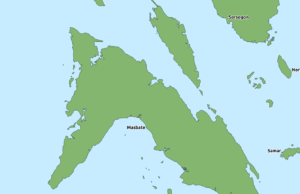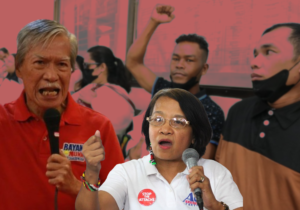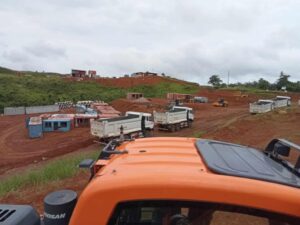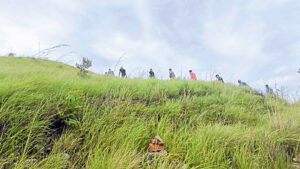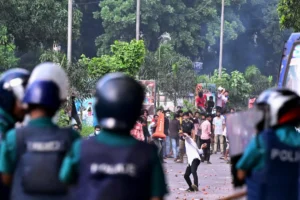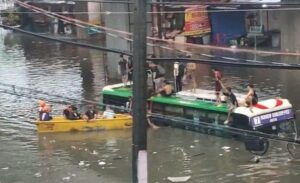Indigenous and environmental groups mark day against big dams with DENR protest

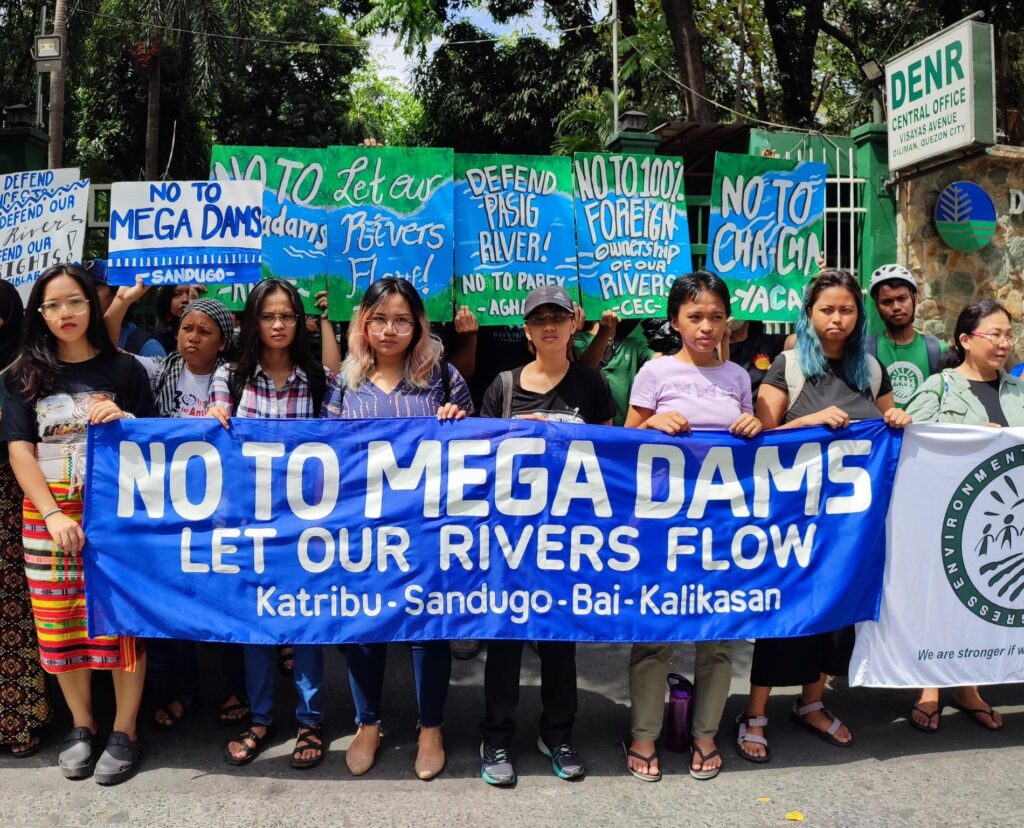
National minority groups and environmentalists protested at the Department of Environment and Natural Resources (DENR) office in Visayas Avenue, Quezon City on March 14 to oppose the construction of large dams in the country and demand the protection of rivers.
The protest coincides with the worldwide commemoration of the International Day of Action for Rivers and Against Large Dams. Members of the Katribu or Kalipunan ng Katutubong Mamamayan ng Pilipinas and Kalikasan People’s Network for the Environment joined the protest. The Day against Large Dams was started in 1997.
The groups said the construction of destructive dam projects exacerbates environmental destruction, human rights violations, dispossession of indigenous people’s livelihoods, culture and food security.
“Mega dams threaten the ecosystem and the very safety of the communities that depend on these rivers for their livelihood,” according to Beverly Longid, national convener of the Katribu.
These include the threat posed by the GENED hydroelectric project to be built in Apayao, a province that can be considered a key biodiversity area. The dam will threaten the Isnag communities and the 105 species of plants and 51 species of birds. The Kaliwa Dam project in Rizal and Quezon will affect 5,000 Dumagat-Remontado and 100,000 individuals in nearby communities, and will threaten 126 species in the Sierra Madre mountains.
Katribu also cited the planned Cabacanan Small Reservoir Irrigation Project in Ilocos Norte, which will endanger communities because it will built near fault lines. It will also displace many Isnag communities. The Tumandok people in Panay are facing the construction of the Jalaur Mega Dam Project, which will displace 17,000 Tumandok.
The Katribu identified 15 large dams in operation in the country in 2023. In addition, at least 117 dam projects were pushed by the Duterte administration. Many of these were continued by the Marcos regime.
Accompanying the construction of these massive dams is the deployment of hundreds of military and police forces into the communities to be covered by these devastating projects. Katribu said the Philippine government and corporations are directly responsible for this militarization, which violates the rights of indigenous minorities and even the state’s Free, Prior and Informed Consent (FPIC) procedure in the use of ancestral lands.
“The National Commission on Indigenous Peoples (NCIP) even serves as tool that violates the FPIC of indigenous peoples. The commission railroads the release of FPIC by obtaining fake signatures and fake claims of consultations,” Longid shared.
In the face of these challenges, Katribu stood firm in its defense of their ancestral land and rivers. “The struggle of indigenous communities in the Philippines is part of the struggle for national patrimony and sovereignty. We call on everyone to join hands in defending rivers, ancestral lands and upholding the rights of indigenous communities,” it concluded.

